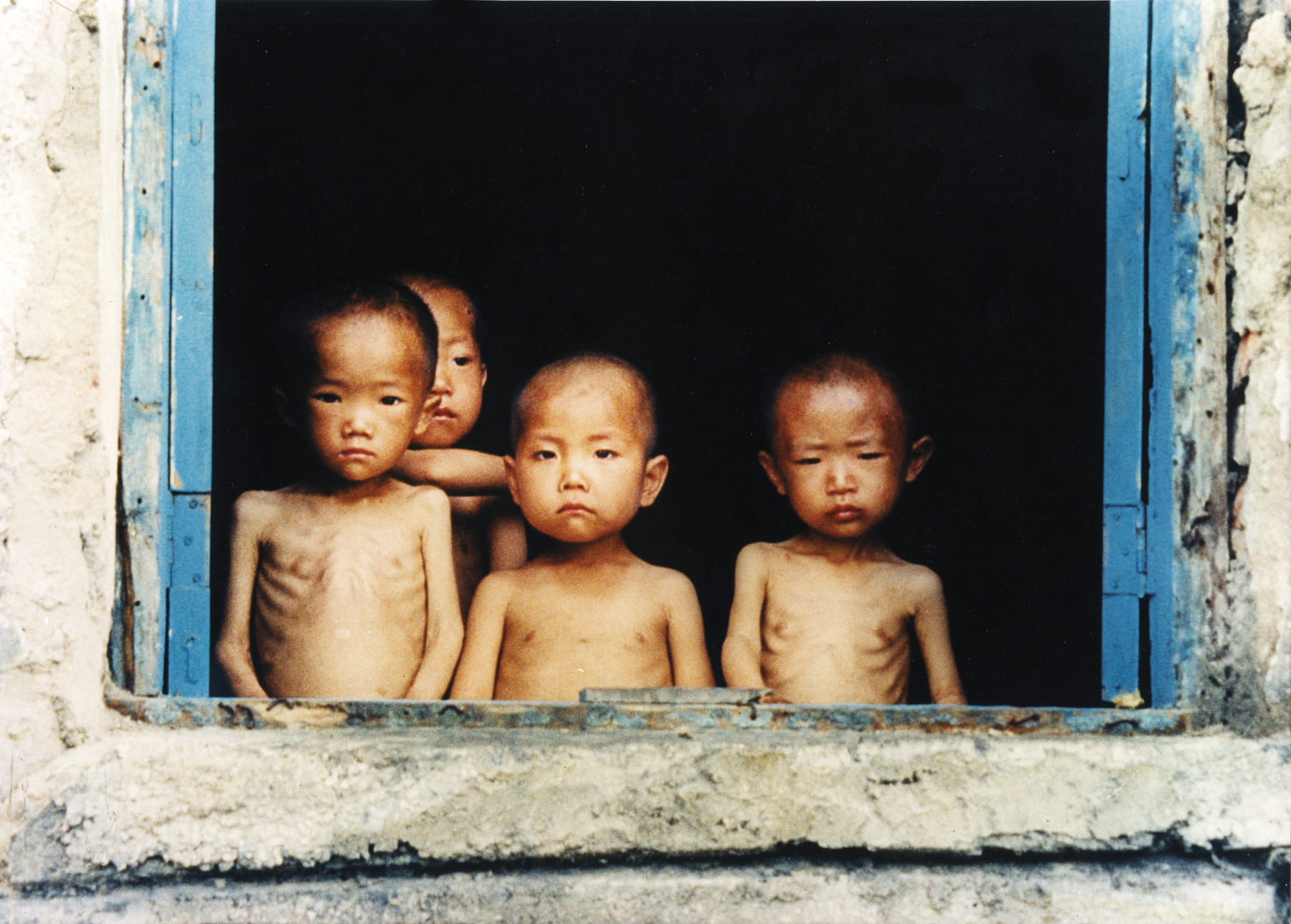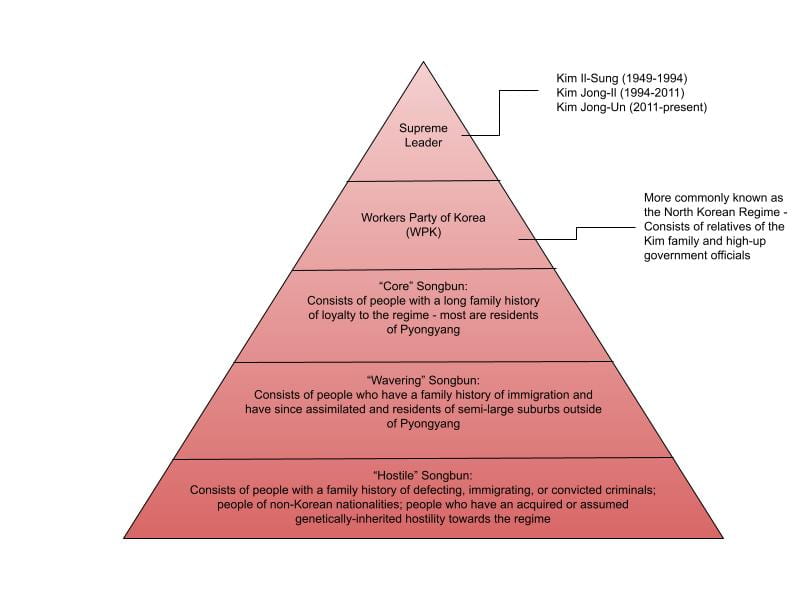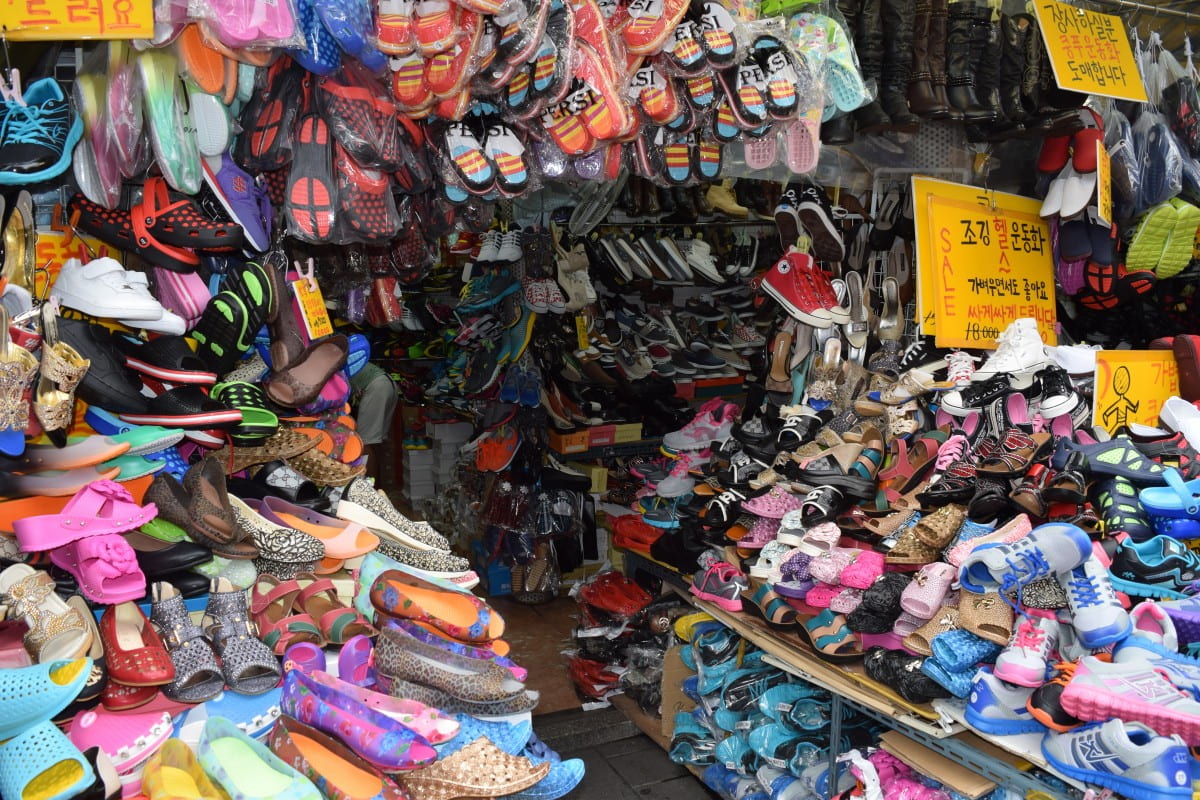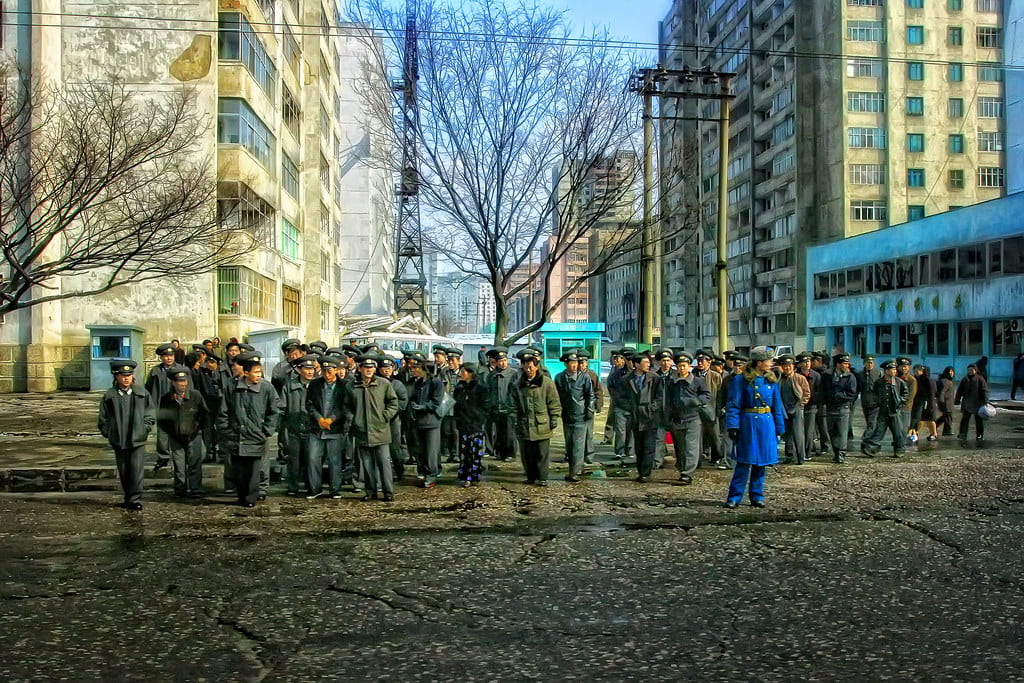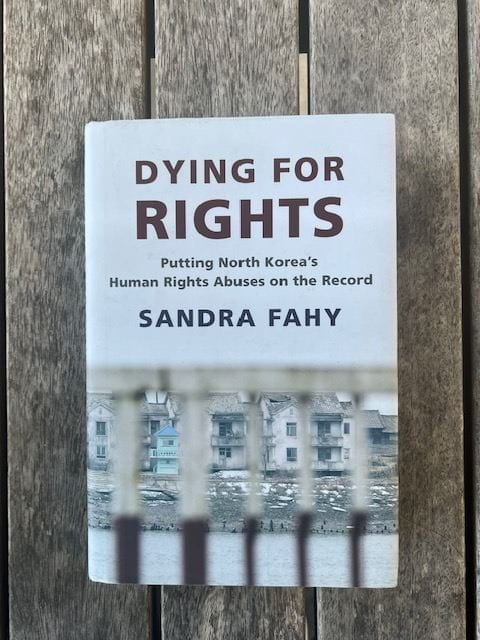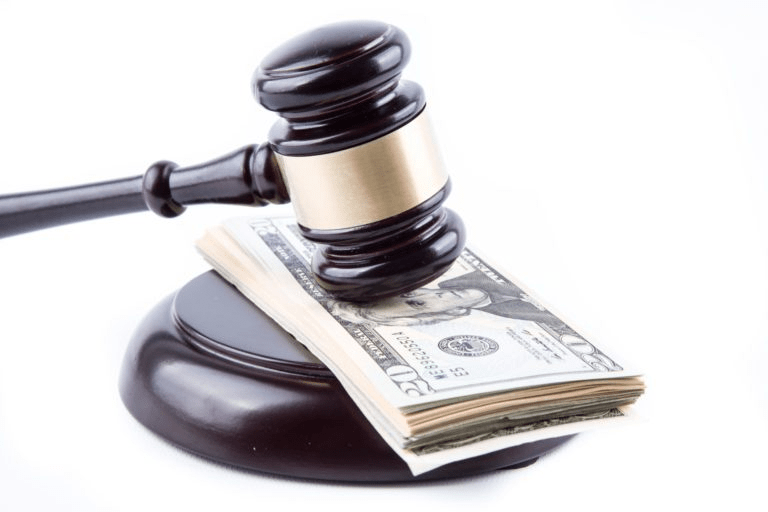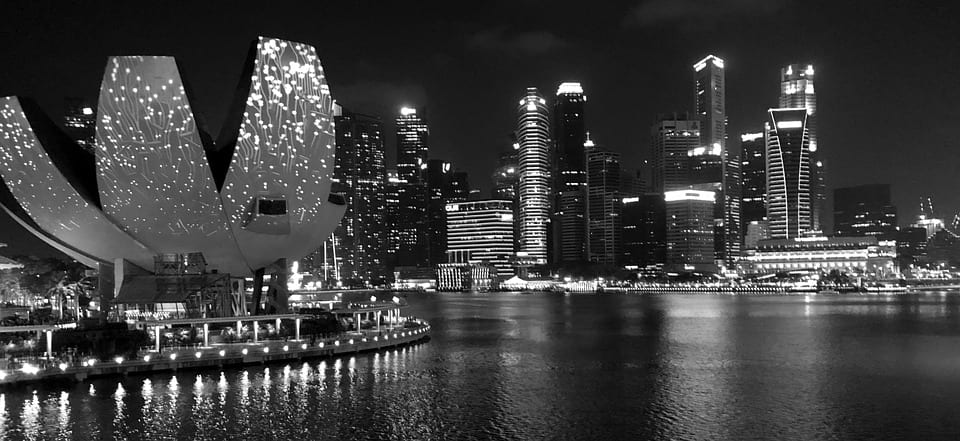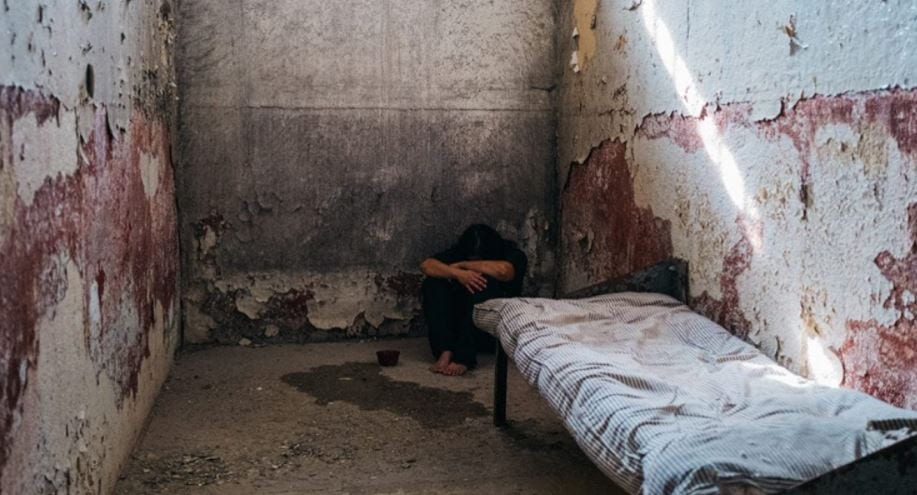
Note from the author: This post is the third of my four-part series on the North Korean Regime. I recommend reading the first two parts before this one, but it is not required to understand this part. To find the other parts, scroll down and click on “View all posts by A. Price.” If the last part is not available yet, be sure to check back in during the upcoming weeks when it will be posted.
Content Warnings: torture, malnutrition, imprisonment, death, suicide, rape
As you are reading this, there are children in labor camps who have no idea that a world exists beyond their barbed wire. They believe that the entire world is confined within the fences that hold them. They have never heard of countries, the regime that holds them there, or the existence of people who look different from them. They were born to enslaved, imprisoned parents and taken from them before they could even wean off breast milk. They have never felt as though they’ve had enough to eat. They have lived in a constant state of overwork and malnutrition for their entire lives. They don’t know about the Kim Dynasty or the regime. All they know is that the guards who hold them there are above them. They hold all the power in the world in their batons and rifles. The lingering threat of death holds their minds captive, reducing them to survivalists, doing anything they can to stay alive. They catch mice, rats, and moles to eat. They avoid confrontation with the guards and hide their pain so as to not disappoint the powerful guards with their lives in their hands.
There has only ever been one known escapee from these horrifying “Special Total-Control Zones” where children born to prisoners are held for their entire lives. Shin Dong-Hyuk had no idea that a world existed where food was sufficient until one of his friends told him about Kim Jong-Il and the world beyond the prison camp. When the guards left them alone outside for a split second, he and his friend decided to make their break. His friend fell unconscious due to the high voltage barbed wire fence, and Shin used his friend’s body to climb out and run away. He never saw his friend again, and his deepest regret is not going back to rescue him. Hear him tell his story here.
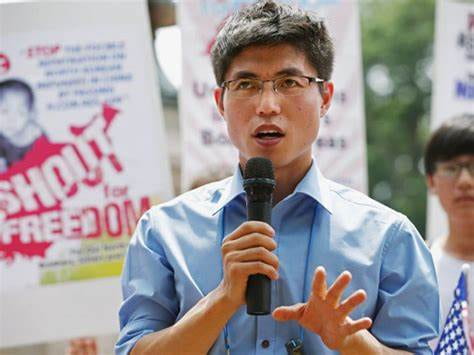
Status of Legal Code
The Worker’s Party of Korea (WPK) intentionally writes laws in abstract, vague language. The laws are never communicated to the general public who are supposed to be following them. This gives the regime complete and total power over the criminality of these citizens. If a person of a high Songbun (class) wants a person of a lower Songbun to be arrested for any reason, they will simply interpret the law to mean whatever they want it to mean and have that person arrested. Common offenses include “conspiracy to subvert the State”, “treason against the Fatherland”, and “illegal trade.”
Guilty Until Proven Innocent
When a person is accused of having broken a law, they are immediately detained by police. Rarely are they told the reason for their arrest or the rights that they have. They are brought to a jail where they are not told the amount of time until their trial. The only form of bail is the informal bribery of the guards. Only a lucky few with resources and connections are able to leave the station at this point in the process.
When their trial date comes along, they have no say in the outcome. If they do not prove themselves to be innocent beyond a reasonable doubt, then they are assumed to be guilty and sentenced at the judges’ discretion. For most of them, their only hope is that a family member has bribed the judge in their favor. In most cases, this bribe costs their family everything that they have, ruining their lives and pushing them deeper into poverty.
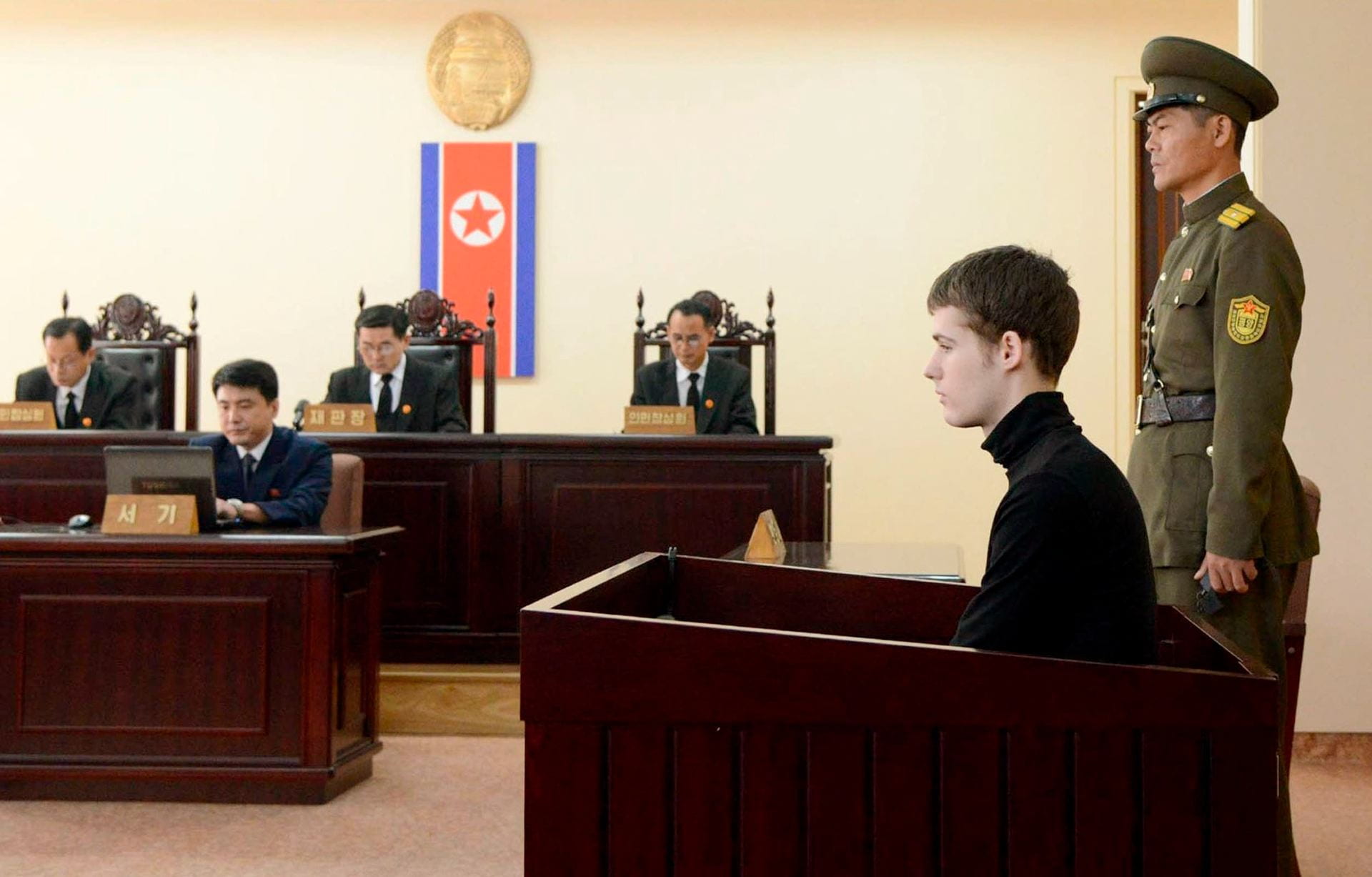
Forced Labor as Punishment
The main form of punishment used by North Korea is imprisonment in forced labor camps. They believe forced labor to be a form of repatriation in that when a person works for their country, they will grow an appreciation for it and be less likely to commit a crime against it. That, of course, is just what they tell people. The WPK knows that the purpose of these prison camps is to exploit the slave labor of people deemed “undesirable” and to feed the ego of the state. They know that the people in these prison camps are being tortured. I truly believe that if the WPK could do anything to possibly make the lives of these people worse, they would do it without question. The WPK is the embodiment of evil, and being in a labor camp controlled by them is completely and unfeasibly miserable.
Human Rights in Prison Camps
This section, in particular, will detail some of the torture endured by prisoners. If learning of this torture will be of particular detriment to your mental health, I recommend ending here and reading any of the other articles on this site that may be easier for you to stomach.
When in a North Korean labor camp, guards have full and complete discretion over the lives of the prisoners. Guards in this situation grow increasingly sadistic as they continue their jobs and commit heinous acts in the name of their regime, justifying it by dehumanizing the people under their control. Most people, especially those with female anatomy, do not leave these camps without being the victim of rape, most of the time on multiple accounts. All people lose copious amounts of weight during their stay due to malnutrition. If a guard wants you to eat dirt, you eat dirt. If they want you to grab the high-voltage fence, you grab the high-voltage fence. There is no limit to the power that the guards have over you.
Prisoners are randomly and sporadically accused of withholding information from the guards. They are then subject to intense interrogation techniques. When Shin Dong-Hyuk was young, his mother and brother were accused of trying to escape. He was suspected to have information about this plan. As a result, he was subject to torturous interrogation. He lost the tip of his right middle finger, his face was sliced open with a weapon, and he was hung over a fire by his hands and feet. He still bears the scars from this torture. When he inevitably had no information to give the guards, he was forced to watch his mother and brother be hanged and shot in a public execution.
Trigger Warning: the next image is a depiction of torture.
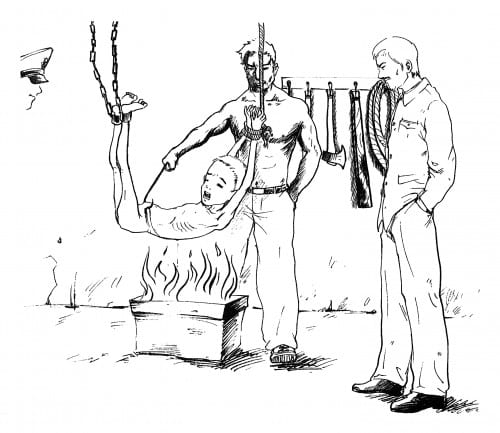
There is no happy note on which to end this article. The lives of incarcerated people in North Korea are miserable. They are subject to the worst human rights violations worldwide. I encourage you to take a moment for your mental health after reading this article so that together we can put an end to this inhumane treatment. Be sure to read my next article, the fourth part of this series, titled, “Steps That Outside Governments Can Take Toward Ending the Human Rights Violations of North Korea.”
